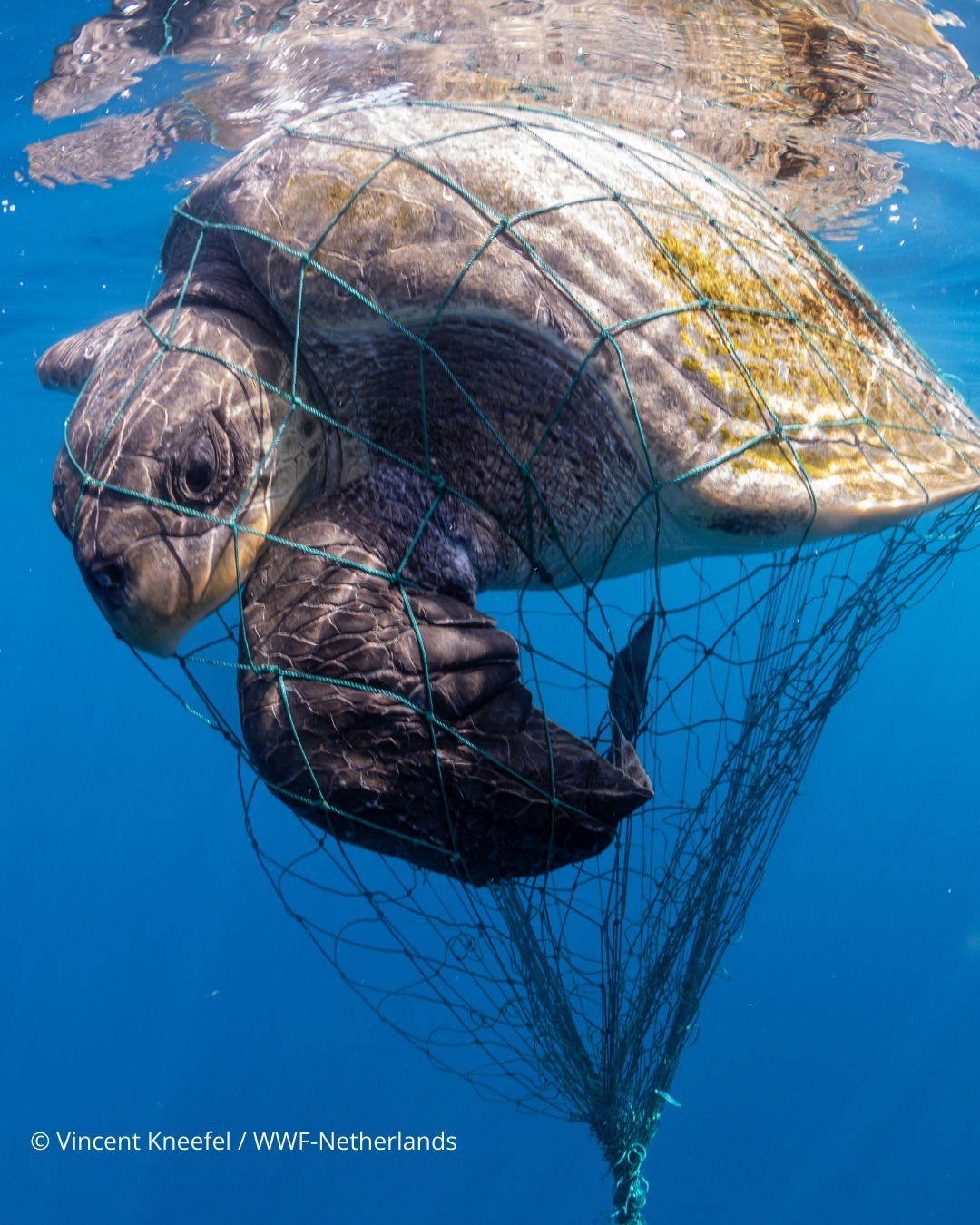– The escalating crisis of overfishing and its impacts on marine ecosystems
– Sustainable practices and government policies as tools for ocean conservation
– The role of communities in safeguarding marine resources
– Reducing carbon emissions to protect ocean health
Our oceans are facing an unprecedented crisis that demands immediate attention and action from all sectors of society. Overfishing is at the core of this crisis, which presents a grave threat to marine biodiversity and the overall health of our oceans. With too many boats pursuing dwindling fish stocks, the balance of marine ecosystems is severely disrupted. This article explores the causes, consequences, and potential solutions to the problems plaguing our oceans, emphasizing the importance of collective effort in turning the tide toward a sustainable future.
Overfishing has led to the depletion of fish stocks at an alarming rate, affecting not just the ocean’s biodiversity but also the livelihoods of communities reliant on fishing. Catching fish faster than they can reproduce has led to a significant decline in certain species, pushing them toward extinction. This imbalance has cascading effects on the entire marine food web, compromising the health of our oceans. The urgency to address this issue cannot be overstated, as healthy oceans are crucial for sustaining life on Earth, regulating climate, and supporting millions of jobs worldwide.
Governments play a pivotal role in mitigating the adverse effects of overfishing by implementing sustainable practices and policies. By establishing marine protected areas and enforcing regulations on catch limits and fishing methods, authorities can significantly reduce the pressure on fish stocks and allow depleted populations to recover. Furthermore, subsidies encouraging excessive fishing must be redirected towards initiatives promoting sustainable seafood and marine conservation. While challenging to implement, these measures are essential for building a resilient ocean capable of withstanding the pressures of overfishing.
Community engagement is another critical component of ocean conservation efforts. Local communities, especially those in coastal areas, have a vested interest in the health of marine ecosystems. Conservation initiatives become more effective and sustainable by involving communities in decision-making processes and resource management. Indigenous knowledge and traditional practices can offer valuable insights into sustainable fishing and marine stewardship, fostering a sense of ownership and responsibility toward protecting marine resources.
Reducing carbon emissions is also imperative in the battle to save our oceans. Climate change profoundly impacts marine ecosystems, causing ocean acidification, rising sea levels, and disrupting marine habitats. Decreased carbon emissions can mitigate these effects, safeguarding the habitat of countless marine species and preserving the ocean’s ability to absorb carbon, which is a critical factor in combating global warming.
Our ocean is in trouble, but it does need to be this way. By working together, we can turn the tide and rebuild ocean health. The path toward sustainable ocean management involves a multifaceted approach curtailing overfishing, implementing and enforcing sustainable practices, fostering community participation, and reducing carbon emissions. Through collaborative efforts and a commitment to change, we can ensure the longevity and prosperity of our oceans for future generations, underscored by a shared responsibility to protect these vital ecosystems. Engaging in these initiatives conserves marine biodiversity and supports economic development and cultural heritage, making our efforts all the more vital. Together, let’s show our support for our oceans and commit to actions that preserve their health and bounty.
*****
Source Description
Our ocean is in trouble but doesn’t need to be this way. By working together, we can turn the tide and rebuild ocean health.
One of the biggest threats we face is overfishing. Quite simply, there are too many vessels chasing too few fish.
Governments can fix this and build a resilient ocean by promoting sustainable practices, working with communities to protect their resources, and cutting carbon.
Double tap to show your support for our ocean 💙
.
.
.


